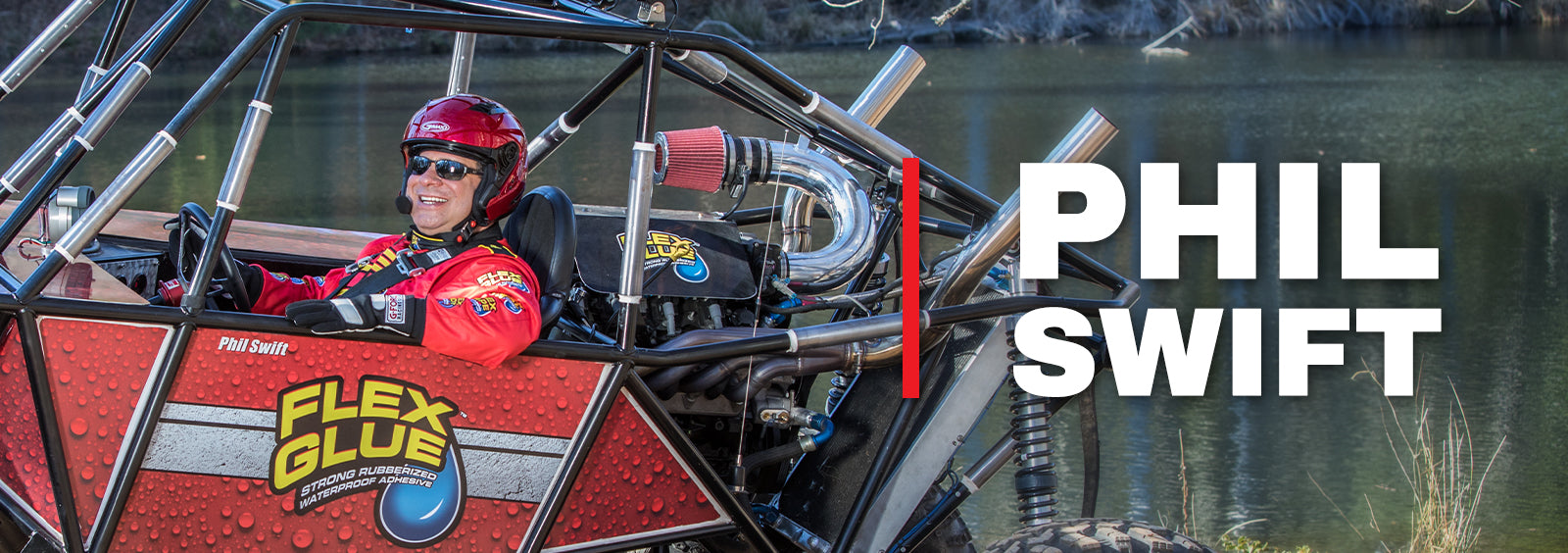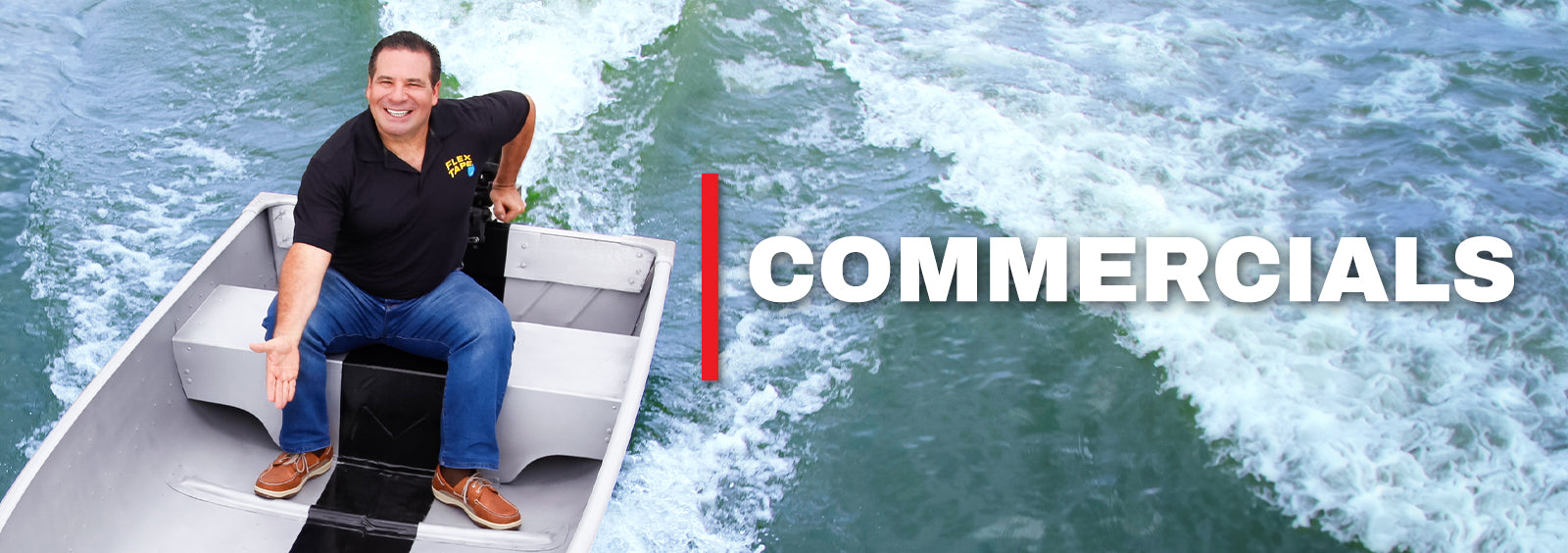What Does Flex Seal Work On?
Does Flex Seal really work? Yes it does! Many users have had great success with using Flex Seal for a variety of uses. Whether you are using it to fix a leak, prepare for a storm or using it as a sealant, we know that you will be impressed with Flex Seal.

How Does Flex Seal Spray Work?
Flex Seal works because it sprays thick, much thicker than traditional spray paint. It seeps into cracks and, once dry, forms a rubberized surface that blocks out water, air and moisture – which helps prevent rust and corrosion. It’s simple: point and spray, applying a nice, even coating. As you spray, it will actually fill in all the cracks and holes.
What Does Flex Seal Spray Work On?
Flex Seal will work on roofs, gutters, skylights, windowsills, flashings, downspouts, foundations, awnings, chimneys, vent pipes, RV’s, campers, trailers. It can be applied to wood, copper and other metals, concrete, masonry, glass, fabric, plastics and much more.
Flex Seal works best when the can is kept at am ambient temperature above 60 degrees F. It will work on surfaces between 0-100 degrees F. Once applied it can withstand temperatures from -20 to 140 degrees F.
Paint will work on top of Flex Seal spray. Flex Seal can also be applied on painted surfaces. However, we do not recommend applying Flex Seal spray over Flex Seal Liquid.
What Does Flex Seal Spray Not Work On?
We do not recommend using Flex Seal on foam. Some foams may react poorly with Flex Seal, and may warp or dissolve. We also do not recommend using it in situations where it is subjected to high heat or pressure (such as engine radiators) or gas tanks. We do not recommend the use of Flex Seal spray on vinyl. Always test before use.
Have questions not answered here? Call our customer service team at (833) 411-3539.





















